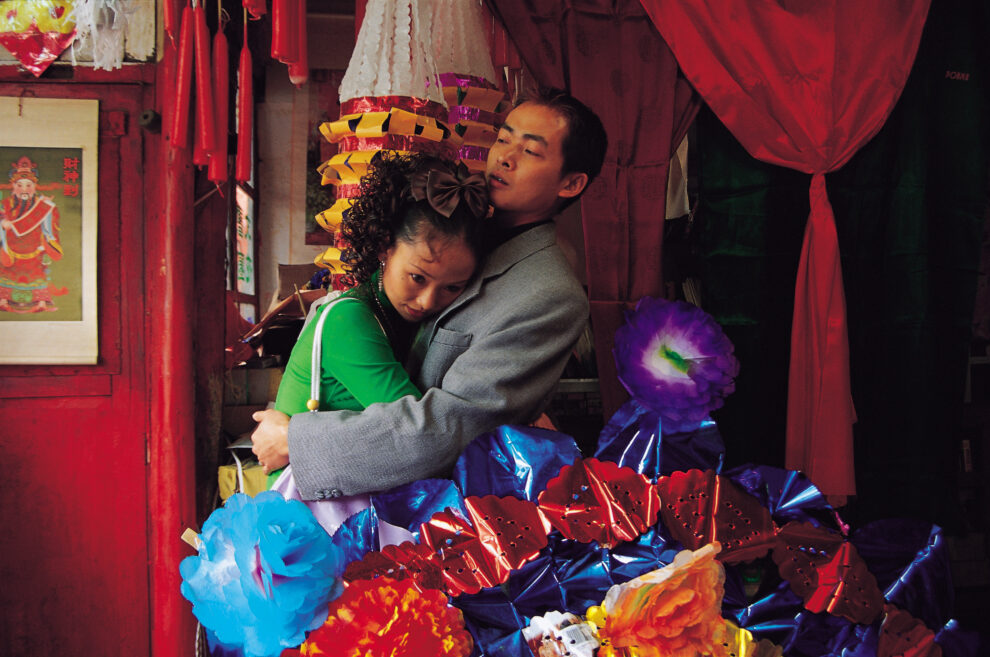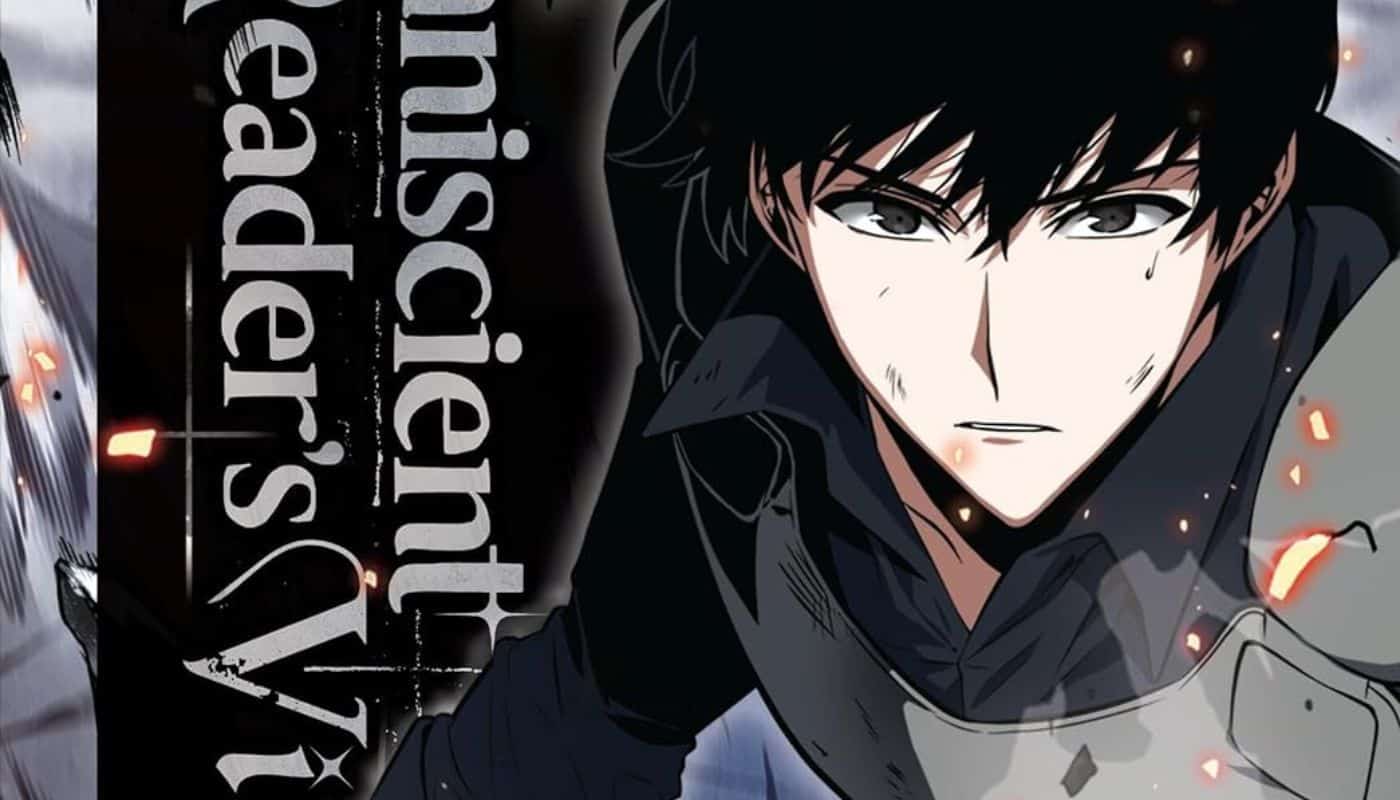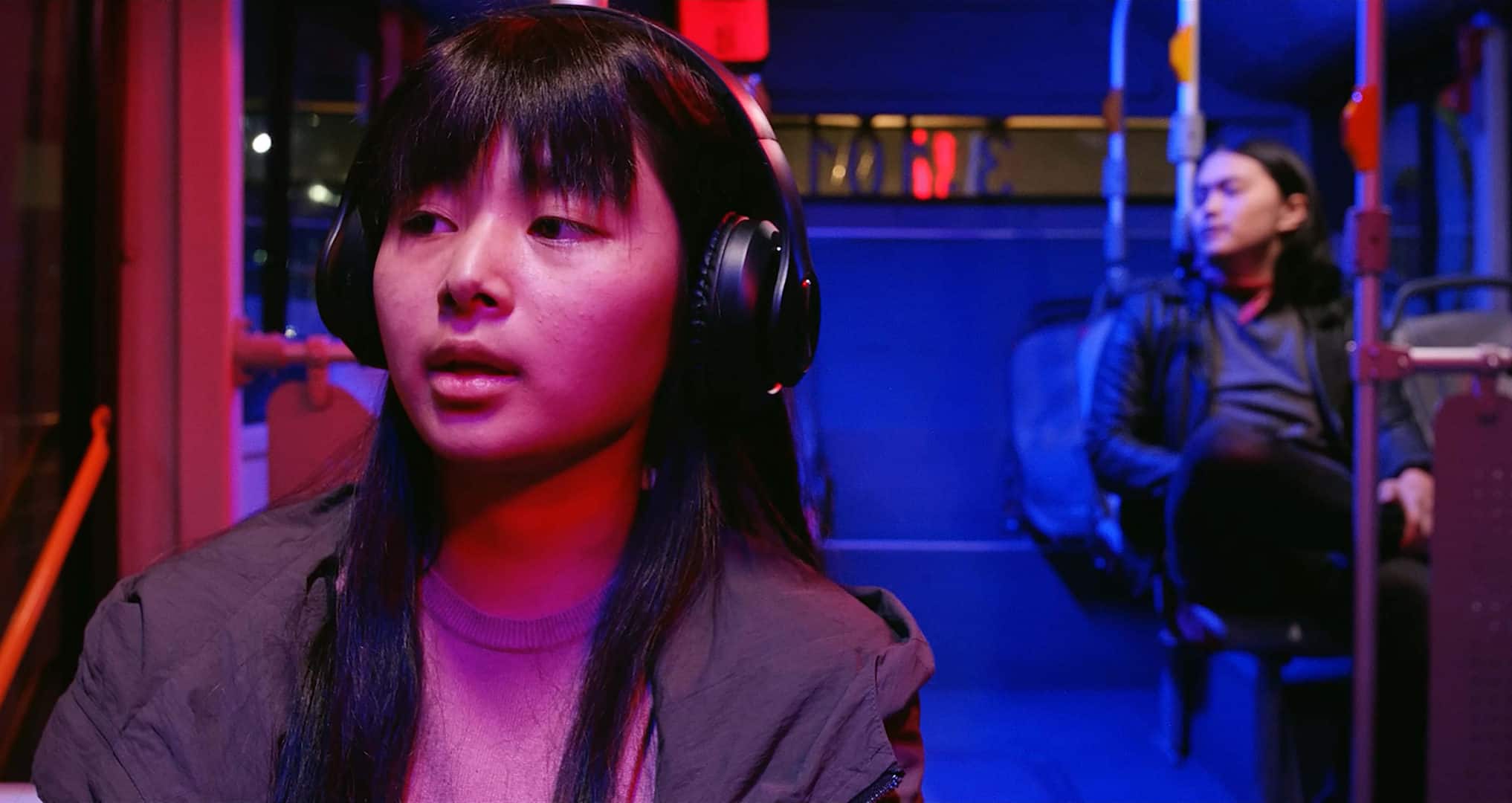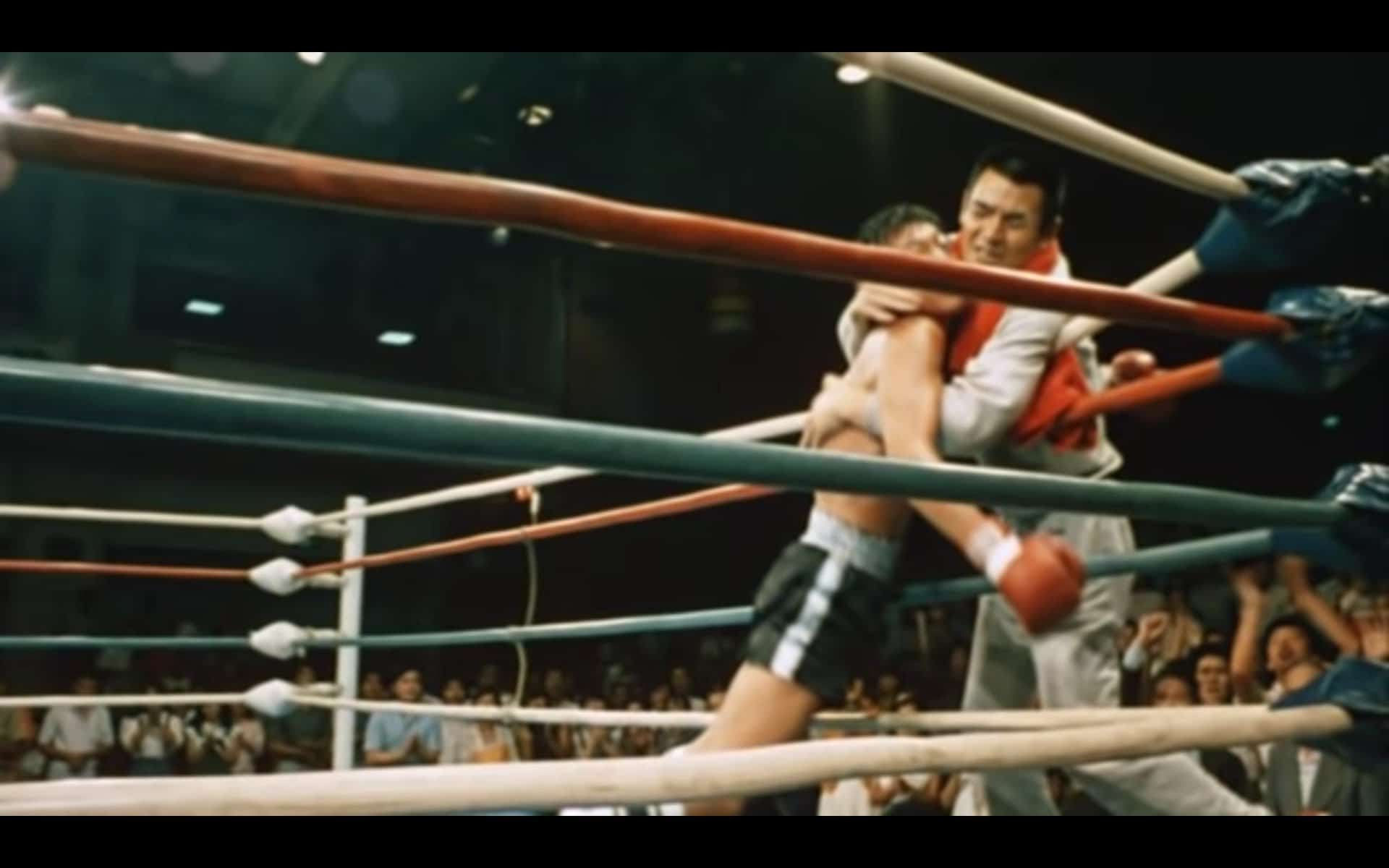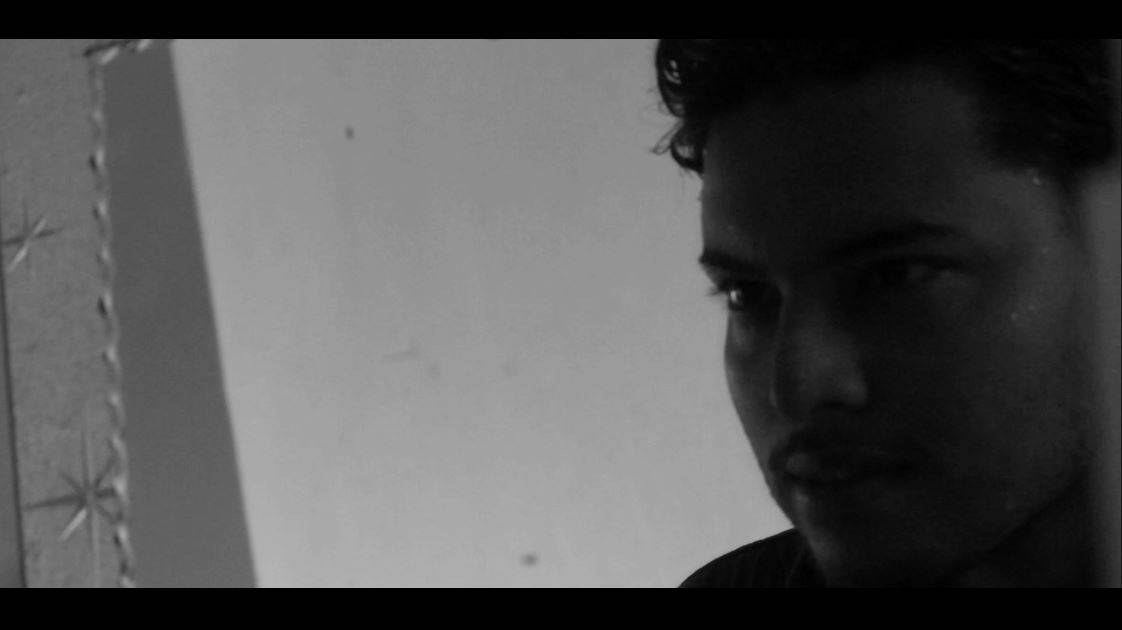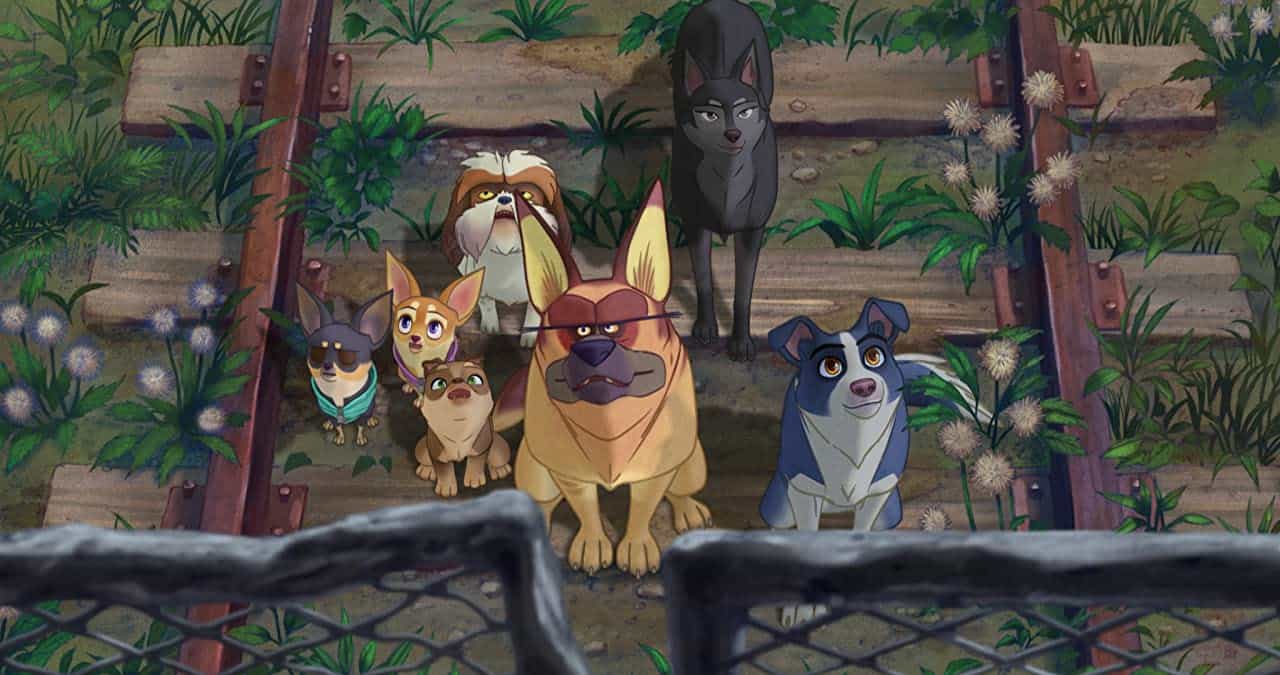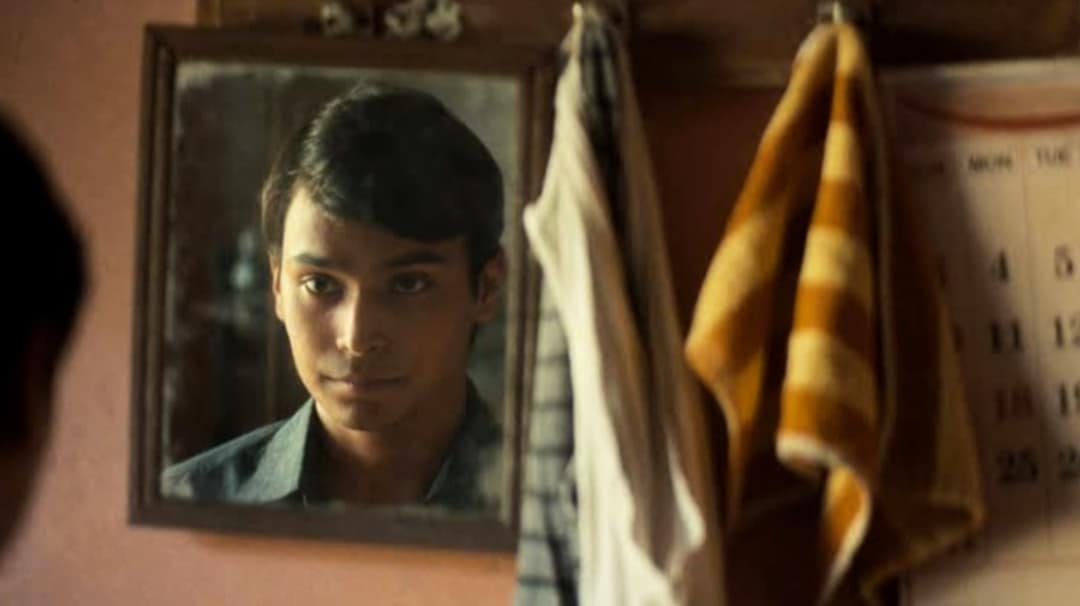By Ian Shanghai
At the dawn of the year 2000, Beijing's hutong, these narrow communal alleys nowadays dedicated to mass tourism, were not exactly the gentrified cozy district it turned to be: promiscuity, resourcefulness and street codes infused with rigid traditions are customary. Mrs. Wang is used to cope with these, but lately this is not exactly the best time of her life.
Check also this interview
The stock of pirated DVDs she was selling for a living has just been seized by the local police while the parents of the kid she was babysitting on daytime went away without an address, escaping from unpaid rents. And as if that wasn't bad enough, the family of a mahjong gambler her husband has crippled in a fight is chasing her, claiming direct compensation in cash. With her hopeless husband in jail and a kid to get rid of, without the infamous hukou who could allow her to legally stay in Beijing, Wang Guixiang is gently invited by the authorities to head back south to her native Guizhou. Soon after her arrival, she runs into an ex-boyfriend who offers her a peculiar job: professional mourner.
Twenty years have passed but “Cry woman” remains all the more relevant today. Liu Bingjian has managed to catch the very air of the early stage of the Chinese economic boom of this period, which necessarily leads to a bitter conclusion twenty years later: not much has changed for the rural Chinese working class, except maybe for more advanced cellphones and appliances. However, there is no trace of neo-Sino-realism revival, no ”Bicycle Thieves” in sight: the abandoned child won't be used to generate empathy while no selfless buddy counterpart will be introduced to emulate sympathy. Not even a Ken -Loach-y benevolence sits behind the camera. Wang Guixiang has no time for self-pity, even less for emotional consideration, just like millions of Chinese women of these times.
Right from the start, all eyes are on the lead actress Liao Qin, who is obviously burning the screen. A said opera singer, this practically unknown performer succeeds in impersonating at the same time the everywoman of these times and a very unique character that exists beyond the usual gimmick of identification or sympathy. Neither touching, nor seductive, her role follows the long tradition of women portraits of the Chinese cinema among Ruan Lingyu in “The Goddess” (1935), Ai Liya in “Ermo” (1994) or Gong Li in “The story of Qiu Jiu” (1992).
While carrying a realistic social context, no compromise was made in the cinematography. The filming (wide-angle lenses, few close-ups, natural light) is obviously looking toward Jia Zhangke's early works, although with a welcome touch of black comedy (this hilarious coitus interruptus when the local TV news announces a recent death meaning a potential new client!). An even tempo, beating the rhythm of the seasonal rural life, is saving the spectators from arty long takes or emotional sequences they could have expected. All is made a relevant and at the service of this naturalist but iconoclast portrait, which is a most remarkable feat considering the very limited resources available to shoot this picture: we must not forget that a take of the reality, whatever is its support, photographs, songs, art installations, is going against the magical thinking driving China, something which will be massively rejected by the industry (as well as the authority). This was already the fate of “Men and women” Liu Bingjian ‘s previous movie where he was dealing with homosexuality as a simple casual thing.
By and large, this hidden gem of the even more hidden, unlicensed Chinese cinema is definitively worth a detour. After all, Wang Guixiang is not only crying for money but for all these hard-working resilient women who built modern China. Let's all cry with Mrs Wang!


